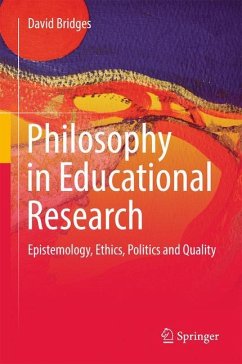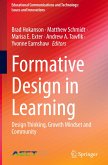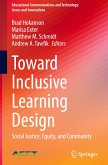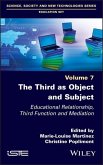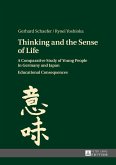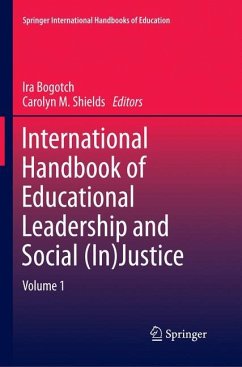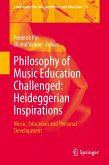This book provides critical and reflective discussions of a wide range of issues arising in education at the interface between philosophy, research, policy and practice. It addresses epistemological questions about the intellectual resources that underpin educational research, explores the relationship between philosophy and educational research, and examines debates about truth and truthfulness in educational research. Furthermore, it looks at issues to do with the relationship between research, practice and policy, and discusses questions about ethics and educational research. Finally, the book delves into the deeply contested area of research quality assessment. The book is based on extensive engagement in empirically based educational research projects and in the institutional and professional management of research, as well as in philosophical work. It clarifies what is at stake in international debates around educational research and teases out the nature of the arguments, and, where argument permits, the conclusions to which these point.
The book discusses these familiar themes using less predictable sources and points of reference, such as: codes of social obligation in contemporary Egypt and New Zealand; the 'Soviet', and the inspiration of the nineteenth-century philosopher, Abai in contemporary Kazakhstan; seventeenth-century France, Pascal, and the disputes between Jesuits and Jansenites; eighteenth-century Italy, Giambattista Vico, and la scienzia nuova; 'educational magic' in traditional Ethiopia; and ends at a banquet with Socrates and dinner with wine and a conversation-loving Montaigne.
The book discusses these familiar themes using less predictable sources and points of reference, such as: codes of social obligation in contemporary Egypt and New Zealand; the 'Soviet', and the inspiration of the nineteenth-century philosopher, Abai in contemporary Kazakhstan; seventeenth-century France, Pascal, and the disputes between Jesuits and Jansenites; eighteenth-century Italy, Giambattista Vico, and la scienzia nuova; 'educational magic' in traditional Ethiopia; and ends at a banquet with Socrates and dinner with wine and a conversation-loving Montaigne.
Es gelten unsere Allgemeinen Geschäftsbedingungen: www.buecher.de/agb
Impressum
www.buecher.de ist ein Internetauftritt der buecher.de internetstores GmbH
Geschäftsführung: Monica Sawhney | Roland Kölbl | Günter Hilger
Sitz der Gesellschaft: Batheyer Straße 115 - 117, 58099 Hagen
Postanschrift: Bürgermeister-Wegele-Str. 12, 86167 Augsburg
Amtsgericht Hagen HRB 13257
Steuernummer: 321/5800/1497
USt-IdNr: DE450055826
Bitte wählen Sie Ihr Anliegen aus.
Rechnungen
Retourenschein anfordern
Bestellstatus
Storno

